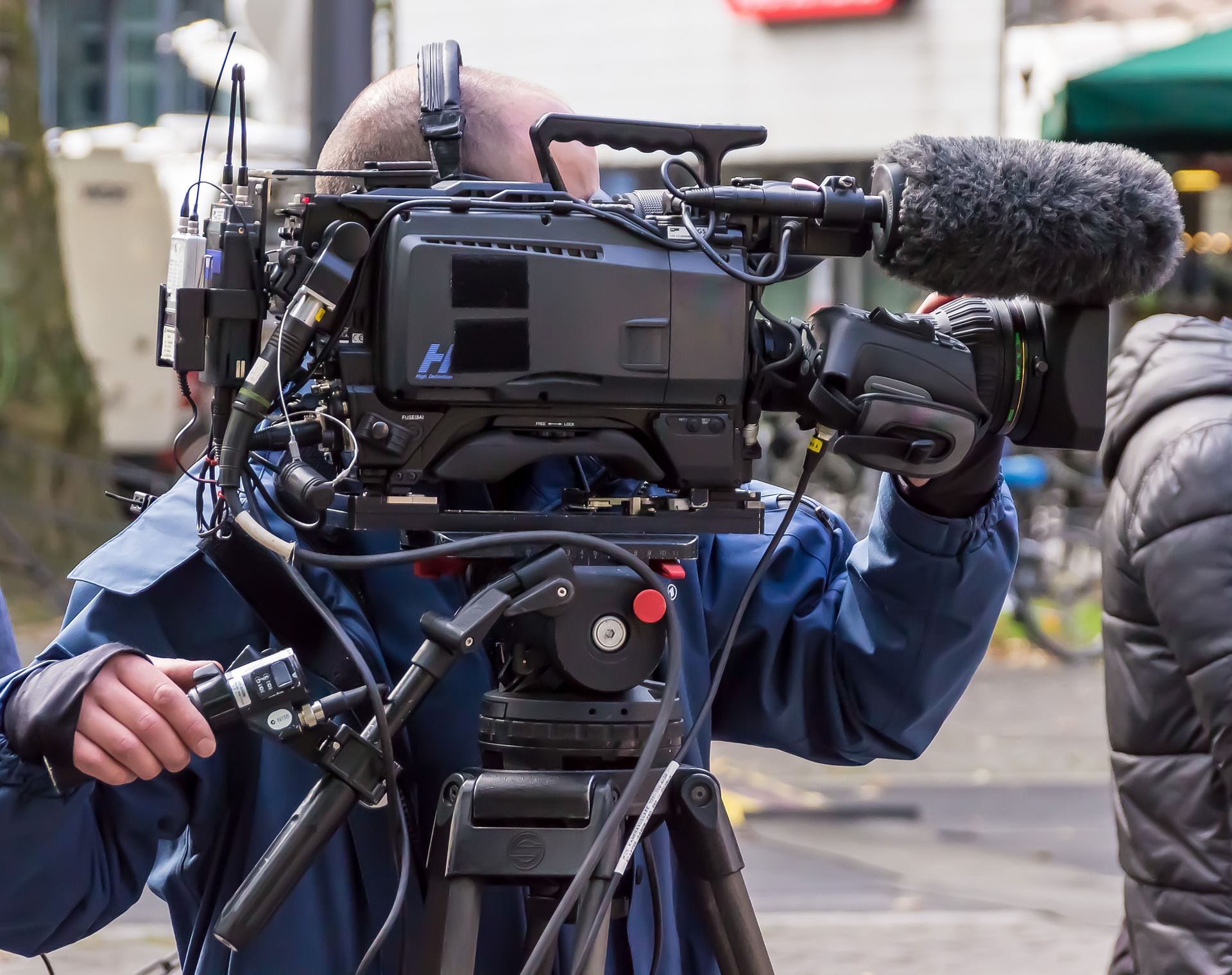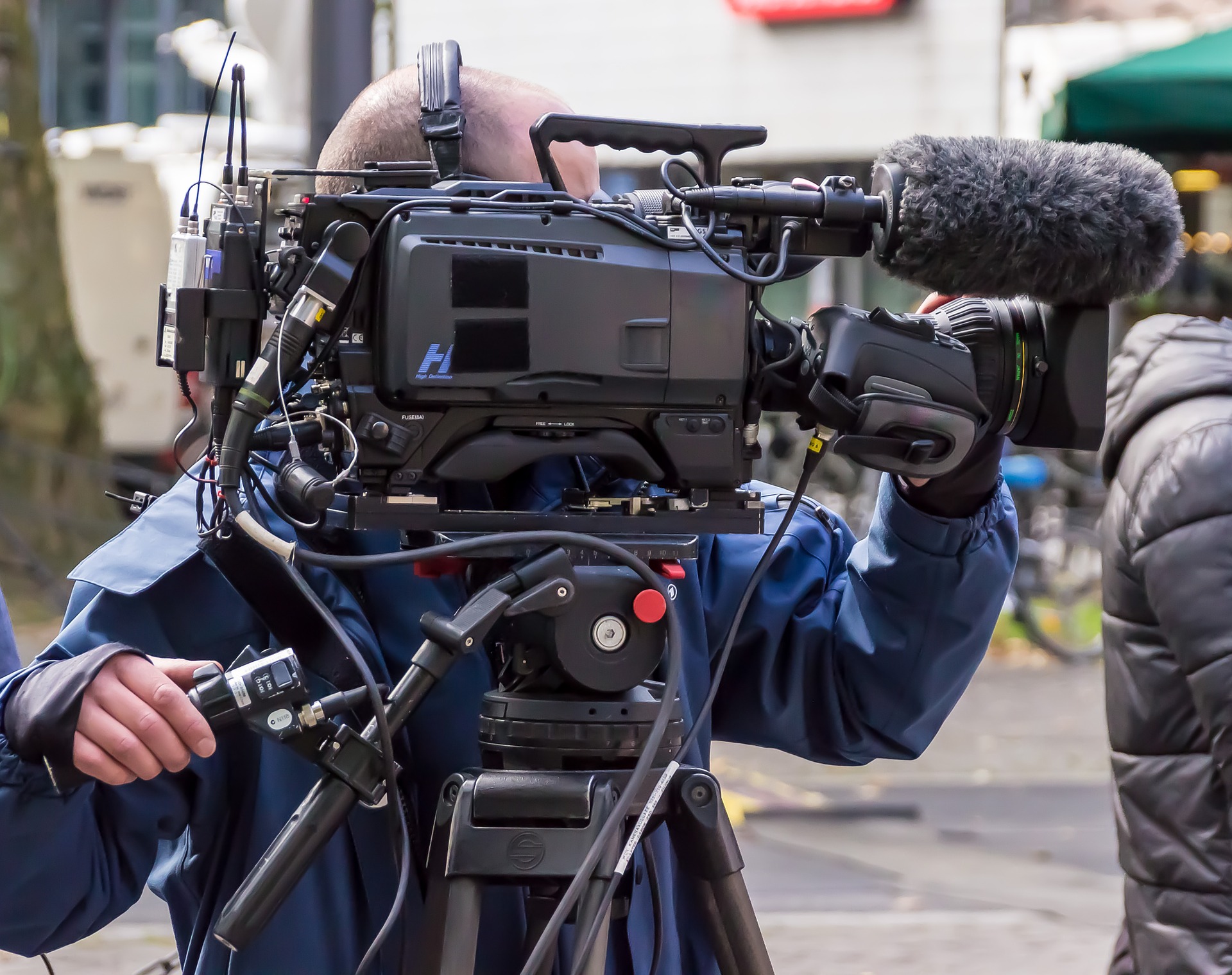Not sure that is exactly right.
You can submit a DSAR for CCTV footage that you are in, therefore there must be GDPR rules around, how the data ie video is stored and or processed.
A quick Google search of filing in public gdpr returned this:
Staying above the law: A professional guide to filming in public spaces
Want to add something extra to your corporate video? Perhaps you're filming an advert or even a film. Failure to follow the rules could get you arrested
BY
MICHAEL GARWOOD
PUBLISHED: SEPTEMBER 27, 2018
Filming in public spaces can add a lease of life and authenticity to your videos, that just can’t be imitated in a studio, whether you’re making a short film or a TV advertisement. It also gives you the chance to film B-rolls that you can reuse across other channels in conjunction with your main production.
Of course, public places do not afford you the kind of control that you may be used to in a studio. Do it wrong and you might earn the ire of passers-by. In worst case scenarios though, you can end up with a hefty fine or even get arrested.
To save you from these mishaps when taking to the streets, here’s a handy guide from Bristol and London based
Aspect Film & Video’s Evelyn Timson.
1. Stay GDPR Compliant
Since it took effect in May 25,
the General Data Protection Regulation (GDPR) gave EU residents more control over their personal data. This includes being in part of someone else’s film, whether to their knowledge or not.
Just so you won’t hit any legal snags, here are some things to make sure you stay GDPR compliant:
- Come up with a clearly-worded contract or release form for all staff members, interviewees, actors and extras, saying that they agree to being filmed and for what purpose.
- Get written permission from any member of the general public that will be identifiable in your videos.
- Ask for a written permission from parents if you need to film a child/children.
- Put up unavoidable and clear signage around the location before you start filming. This way, people will be aware and choose to not walk near you. This also act as a handy workaround, as getting consent forms from every person that walks past the camera is nigh on impossible.
- Where possible, make it a close-up shot so you won’t film anyone in the background.
- Blur individuals’ faces during editing.
- Remove or de-identify anyone who requests to do so
Want to add something extra to your corporate video? Perhaps you're filming an advert or even a film. Failure to follow the rules could get you arrested

www.installation-international.com
.
So it really isn't as straight forward as strap a cam on tomorrow and away you go...

 chng.it
chng.it




 ) have no legal or moral cause to. The only time this issue generally raises it's head is if the film is then shared publicly, such as on a club website or You Tube for example.
) have no legal or moral cause to. The only time this issue generally raises it's head is if the film is then shared publicly, such as on a club website or You Tube for example.


